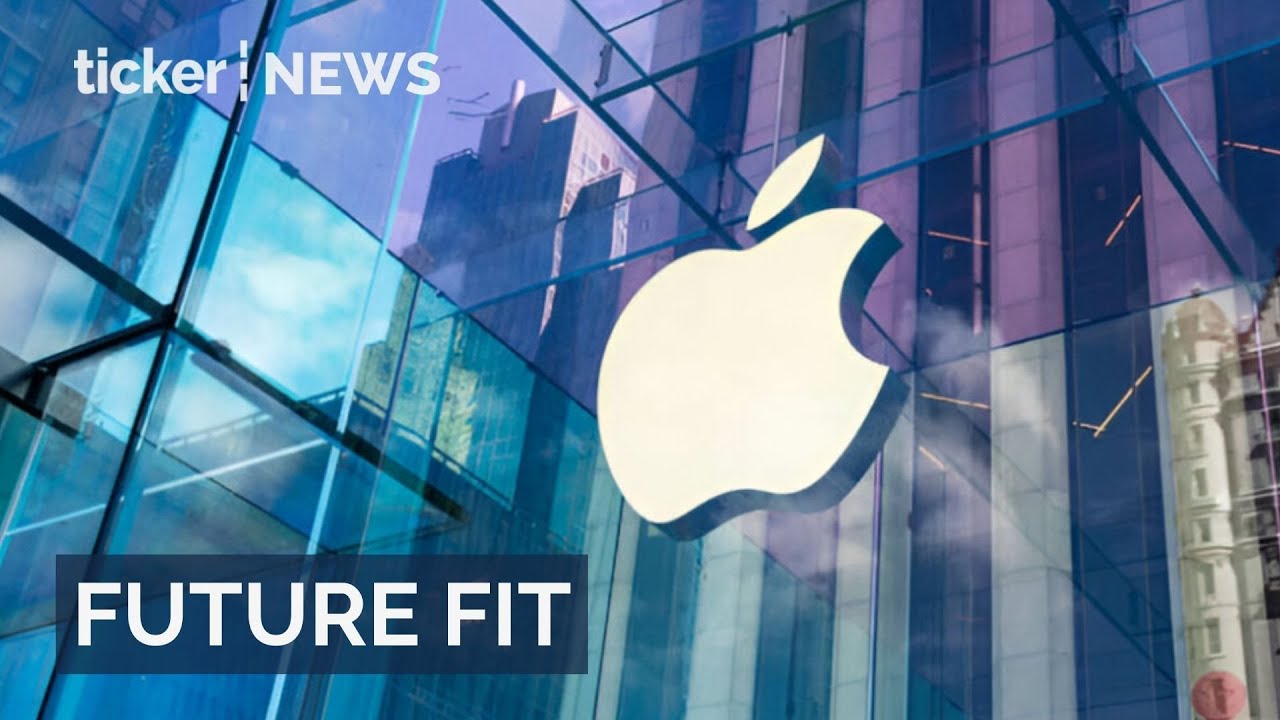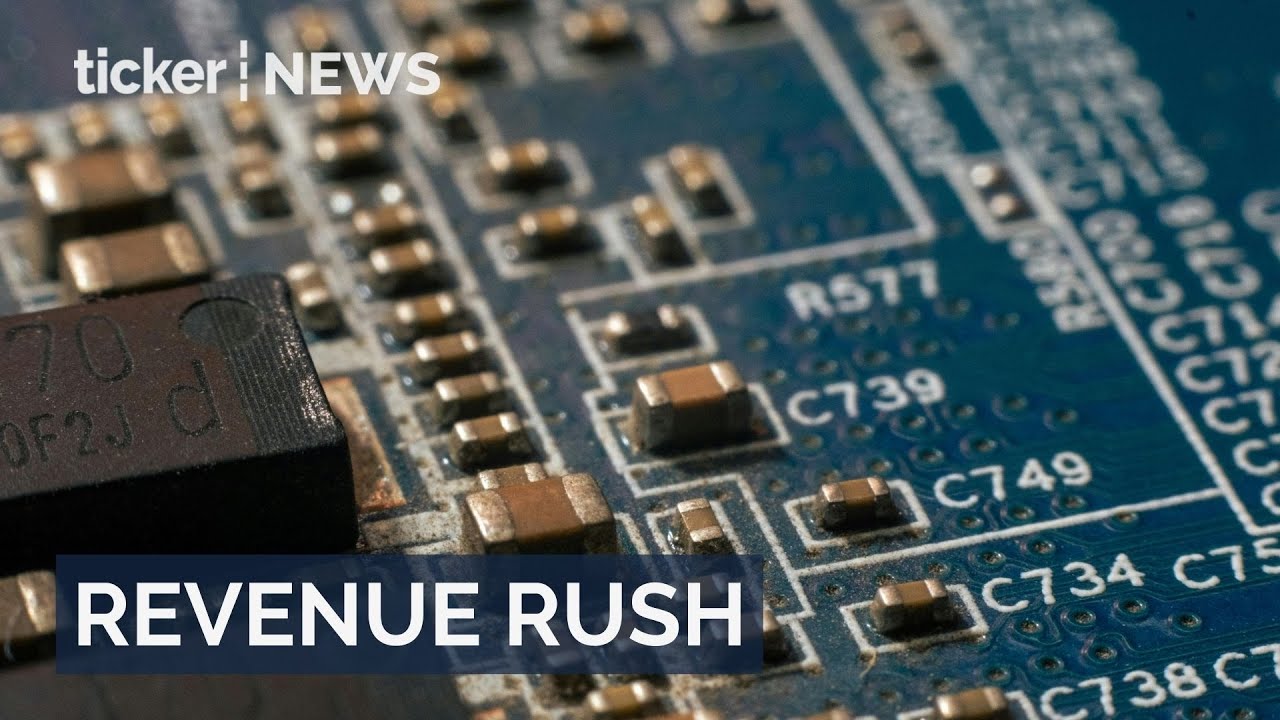NASA is not just venturing into the cosmos – it’s also propelling technological innovations that benefit life on Earth.
The agency has given rise to groundbreaking technologies with applications extending far beyond the realms of space travel.
Many of these remarkable innovations are showcased in NASA’s annual Spinoff book, which spotlights a myriad of medical advancements and other transformative technologies born from the agency’s research and development expertise.
NASA’s 2024 Spinoff publication features several cutting-edge technologies that have found commercial success and are now enhancing everyday lives. Some of these innovations include:
1. Spherical “Squishy” Robots:
These ingenious robots can be deployed into hazardous environments before first responders, helping assess and navigate dangerous situations. They were notably used during a subway attack exercise in 2021 to detect gas leaks and other threats.
2. Digital Winglets Aircraft Routing:
This technology has revolutionized aircraft routing, leading to increased fuel efficiency and smoother flights, a boon for both the aviation industry and the environment.
3. Lighter, Durable Disc Brake Designs:
NASA’s contribution to disc brake technology has resulted in designs that produce less dust compared to traditional disc brakes, reducing environmental impact.
4. Natural Disaster Coping Software:
NASA-developed computer software aids businesses and communities in managing and recovering from natural disasters, such as wildfires, enhancing disaster preparedness and response.
5. Advanced 3D Printing Methods:
NASA’s innovations in 3D printing extend to additively manufacturing rocket engines and other large aluminum components, revolutionizing aerospace manufacturing.
NASA Administrator Bill Nelson emphasized the agency’s commitment to technology transfer, stating, “A critical part of our mission is to quickly get those advances into the hands of companies and entrepreneurs who can use them to grow their businesses, open new markets, boost the economy, and raise the quality of life for everyone.”
The medical innovations featured in the Spinoff publication include groundbreaking achievements like the first wireless arthroscope, a device used during surgeries.
Pivotal role
NASA’s expertise in spacesuits and satellite batteries played a pivotal role in its development. Additionally, NASA-derived technologies have led to advancements in diagnosing illnesses, including the coronavirus, hepatitis, and cancer, as well as contributing to the creation of certain types of toothpaste.
The 2024 Spinoff also highlights developments stemming from NASA’s Artemis campaign, such as a rugged video camera improving aircraft safety and a novel method for detecting defects in composite materials.
Notably, fuel cell technology initially developed for the Apollo program over 50 years ago is now poised to support terrestrial power grids based on renewable energy sources.
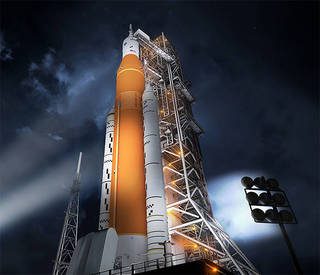



 Ticker Views3 days ago
Ticker Views3 days ago


 Ticker Views2 days ago
Ticker Views2 days ago
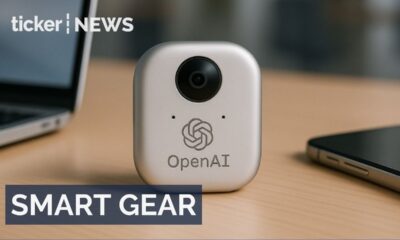

 News3 days ago
News3 days ago


 Money4 days ago
Money4 days ago


 Ticker Views20 hours ago
Ticker Views20 hours ago
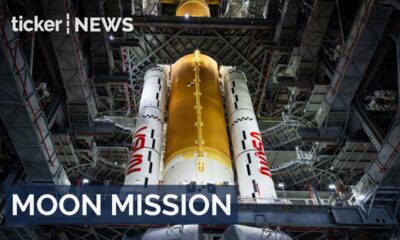

 News4 days ago
News4 days ago


 Politics4 days ago
Politics4 days ago


 News4 days ago
News4 days ago


